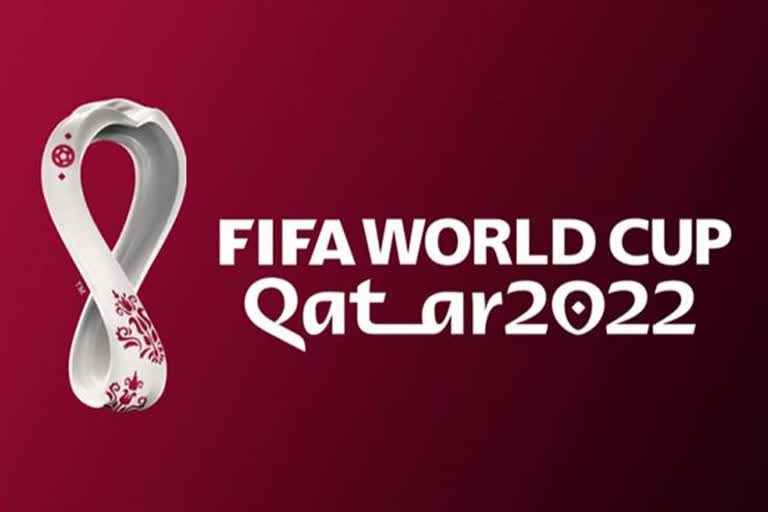Doha: Qatar has come under fire for hosting World Athletics Championship after the poor turnout during the just concluded IAAF WAC. After the World Championship, the questions are also getting raised over Doha's ability to deliver the football World Cup successfully in three years' time.
Perhaps the most stinging off-track criticism of the 10-day event which concludes Sunday was sparked by the spectacle of a near-empty stadium during the opening days, raising fears for attendances in 2022.
"It's a classic mega-event failing, believing that 'if you build it, fans will come'," said Simon Chadwick, professor of sports enterprise at Britain's Salford University.
Crowds at the 1976 Montreal Olympics and the 2004 Games in Athens also failed to meet organisers' expectations despite ambitious stadium construction, he noted.
International Association of Athletics Federations chief Sebastian Coe has come under fire for the dismal crowds that turned out in Doha to watch blue-riband events including the men's and women's 100 metres.
"The crowd is an easier subject to talk about rather than some of the more insightful stuff around the events," said Coe, who attacked what he viewed as negative media coverage.
IAAF World Championships: Qatar faces rocky road to 2022 World Cup after athletics test
Crowds at the 1976 Montreal Olympics and the 2004 Games in Athens also failed to meet organisers' expectations despite ambitious stadium construction, he noted.

Spectator numbers improved as the week wore on after at least one large state-funded organisation offered staff free tickets for the Khalifa International Stadium.
"It totally felt different, there was a lot of energy," said former 1,500m world champion Jenny Simpson on Thursday after the American won her heat.
- 'Reasons to be there' -
=========================
Despite Western diplomats warning Qatar would be "judged harshly" for missteps during the athletics, Chadwick said Doha would be unfazed by criticism of meagre crowds.
The country instead sees the Championships and World Cup as a means of bolstering security, he said.
"Even if nobody turned up to watch the athletics, it doesn't matter. Qatar has mitigated the threats it faces by making itself visible, relevant and important," said Chadwick.
Qatar is embroiled in a bitter two-year dispute with Saudi Arabia, Bahrain, Egypt and the United Arab Emirates which accuse Doha of backing Iran and radical Islamists.
They have cut direct transport links, closed airspace to Qatari aircraft and restricted their citizens from visiting over the claims, which Doha denies.
By hosting such events, Qatar "has a degree of protection against some of the threats," Chadwick said, adding that the 2015 World Handball Championship and the 2016 cycling Road World Championships were also poorly attended.
FIFA would now seek clarity about Doha's ticketing strategy following the sight of a near-empty stadium on some days at the athletics, he added.
"People want to know -- is there going to be somewhere nice to stay, can they buy a beer?" Chadwick said.
"What kind of event ecosystem are they constructing around that ticketing strategy? You've got to give people reasons to be there."
Qatar World Cup organisers declined to comment on the ticketing challenges at the athletiics but sought to head off fears around the World Cup, including alcohol prices in the conservative Gulf monarchy.
Officials also sought to reassure LGBT fans their safety would be assured as they showed off rapidly evolving World Cup infrastructure to visiting media ahead of the athletics.